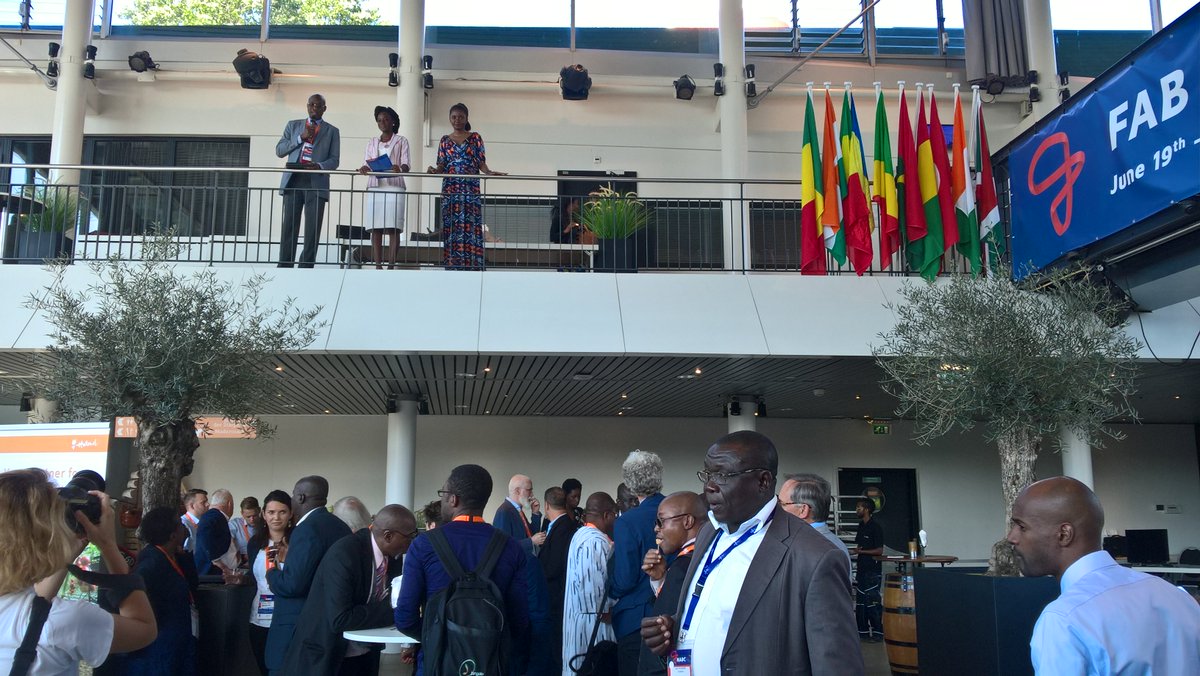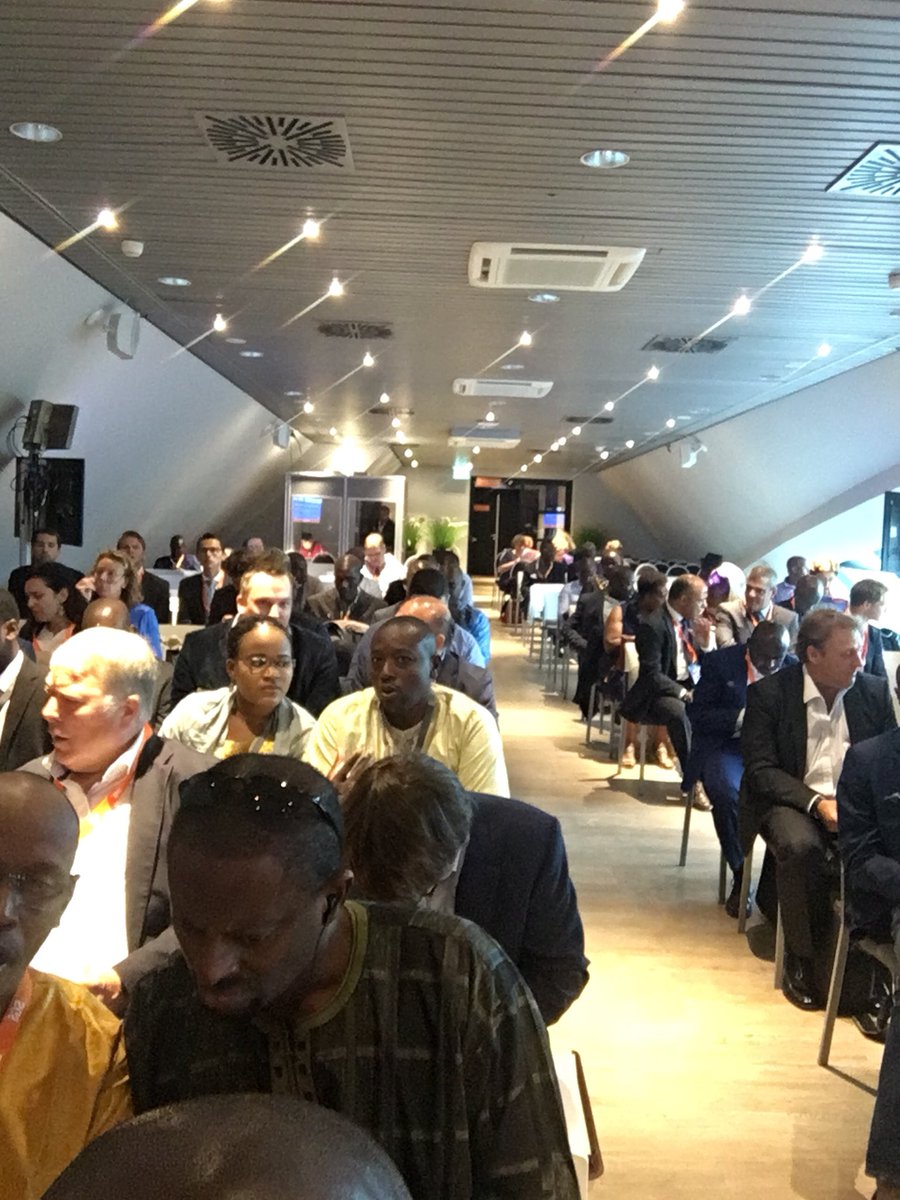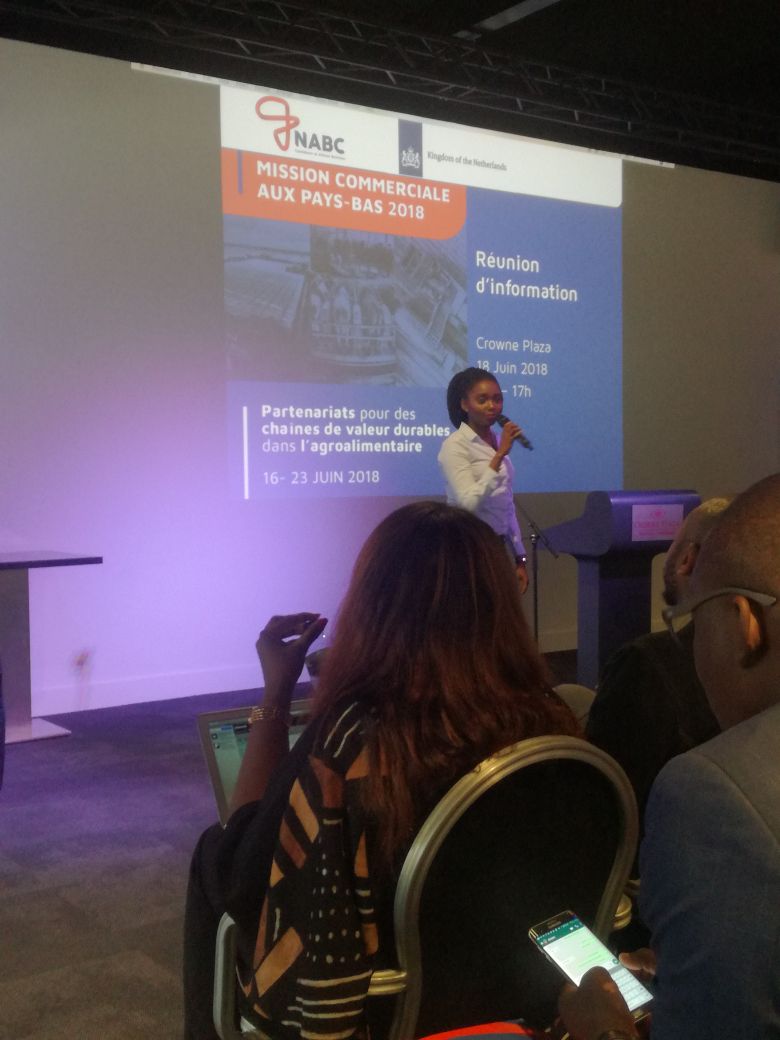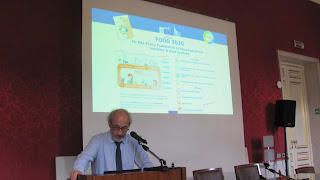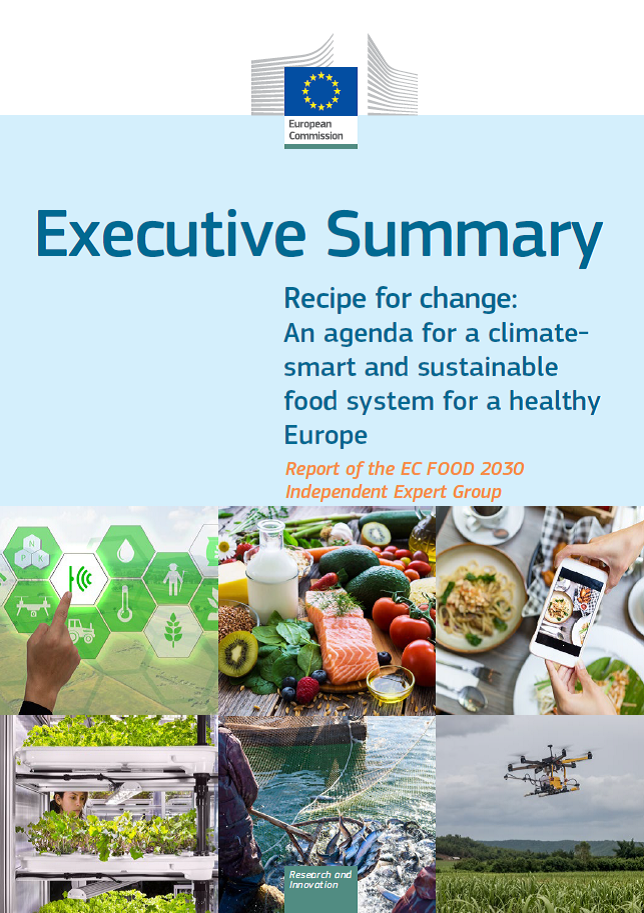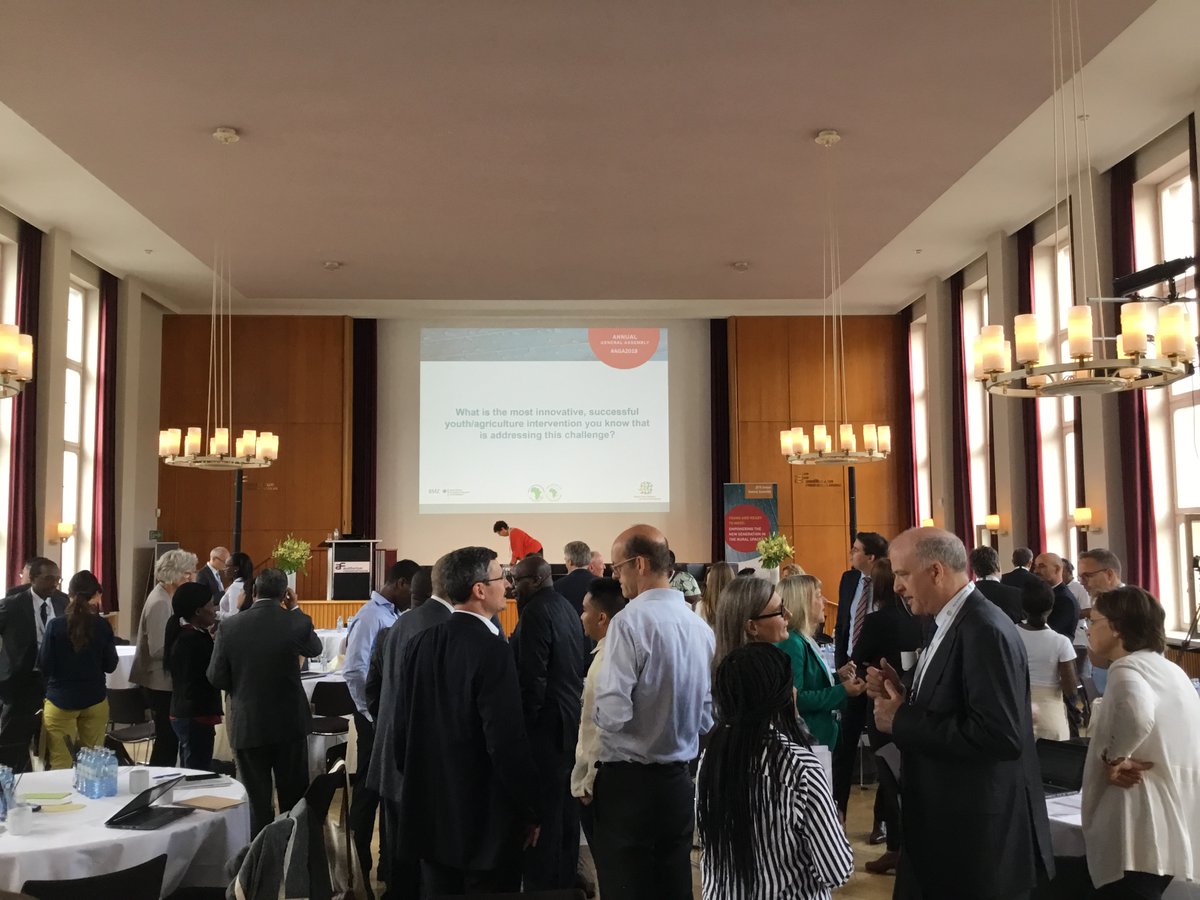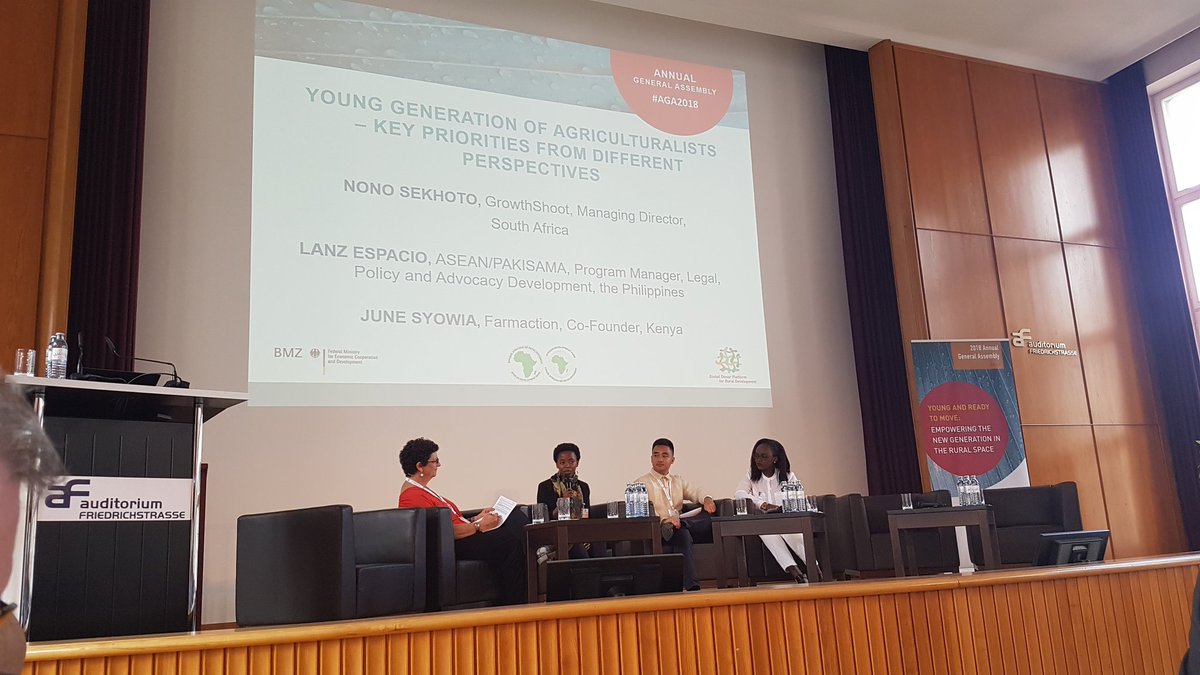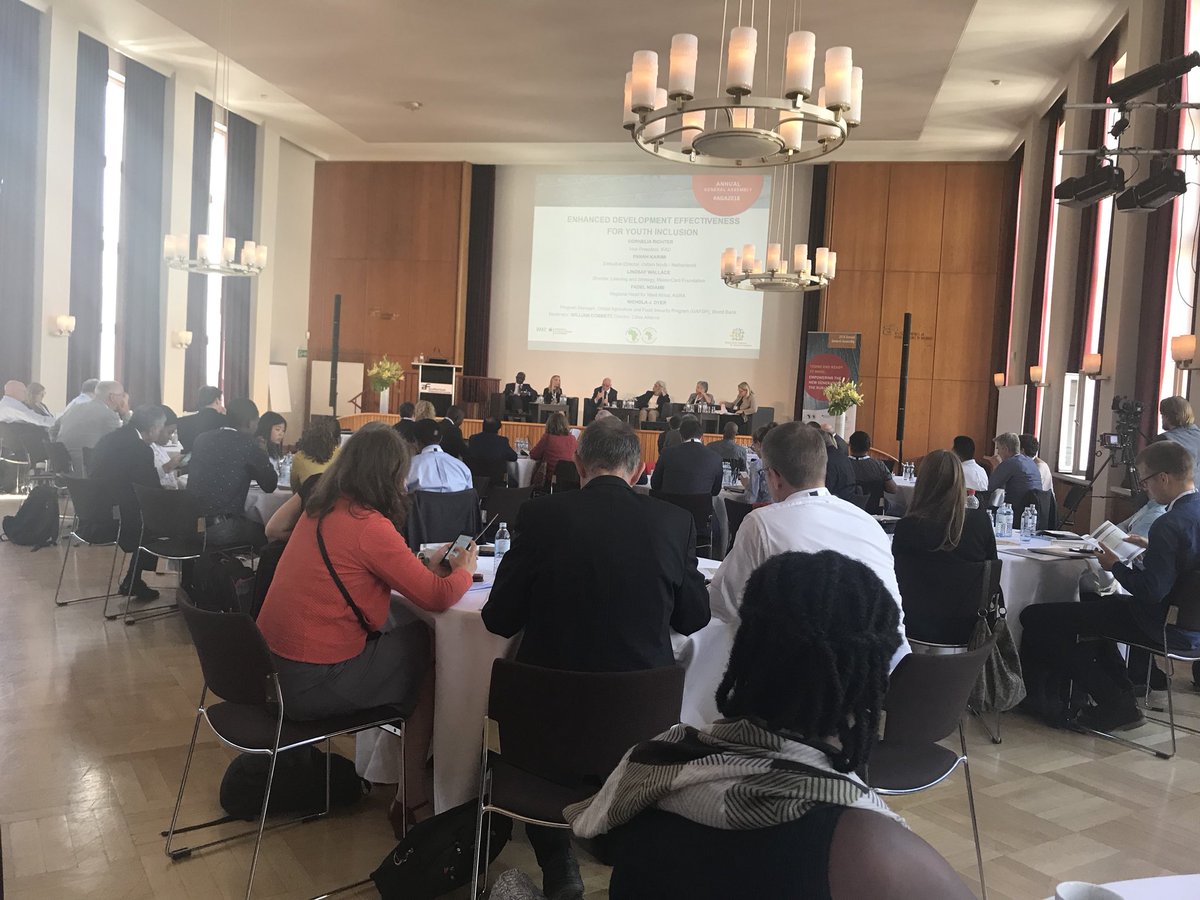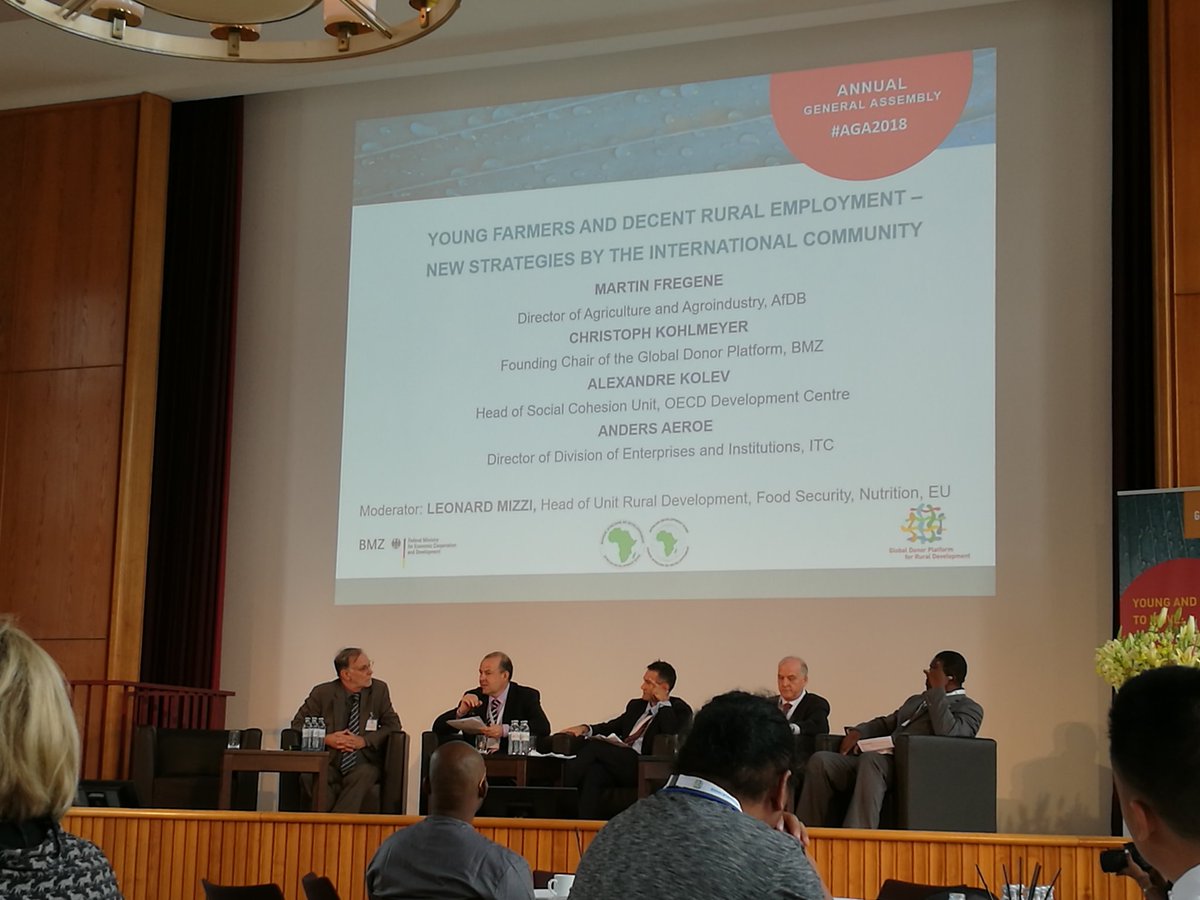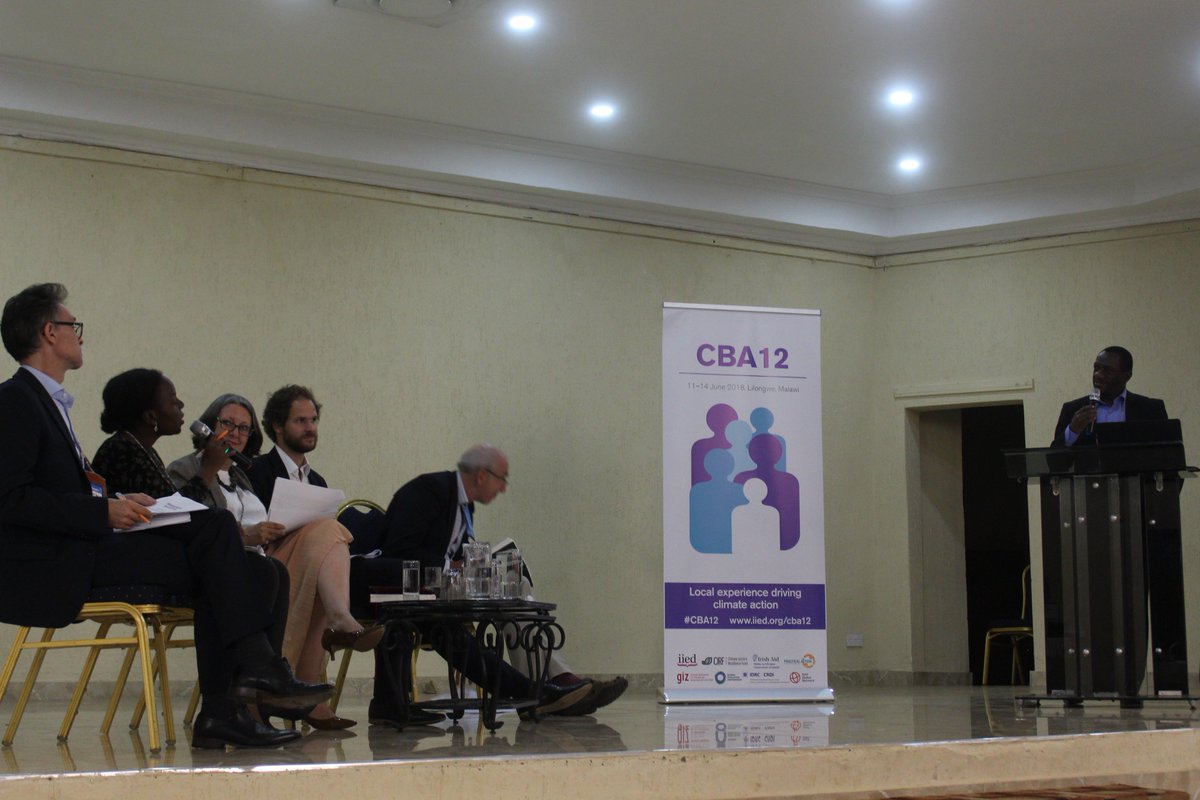The Conservation, Food and Health Foundation supports special projects and programs in the areas of conservation, food, and health in low- and lower-middle-income countries in Africa, Asia, Latin America, and the Middle East. The foundation supports projects that demonstrate local leadership; develop the capacity of local organizations; and address a particular problem or question in the field. Eligibility extends to NGOs, community-based organizations and academic institutions. There is no maximum grant size. The average grant is approx. US$20 thousand. Grants exceeding US$30 thousand are rarely awarded. The next application deadline for concept notes is
The CFH Foundation makes grants to nonprofit organizations for projects in conservation, sustainable agriculture, and health in low- and lower-middle-income countries of Africa, Asia, Latin America, and the Middle East. It prefers to support organizations located in low- and middle-income countries, or organizations located in upper-income countries whose activities are of direct benefit low- and middle-income countries. Most recent grants range from US$10 thousand to US$30 thousand. The deadlines for concept applications are 01 January and 01 July of each year.
ISESCO Research Grants are awarded for high-level and promising scientific research projects in the fields of agricultural biotechnology, biological sciences, and medicinal plants, among others. Researchers are awarded a maximum amount of US$10 thousand for a period of two years. Applicants should be national residents of OIC member states and be under the age of 40 years. Applications are accepted two times per year. The next application deadline is
Erbacher Foundation — Support for Rural Development
The Erbacher Foundation supports rural development in subject areas that include livestock husbandry, crop production, drinking water, and environmental protection. The priority countries are India, Tanzania, and Uganda. Applications are invited from Germany charitable organizations involved in development cooperation. Applying organizations need to have partnerships with local NGOs. The German institution is responsible for project administration and coordination. The next application deadline is
01 August 2018.
Agribusiness
Young African Entrepreneurs Competition 2018
The Regional Universities Forum for Capacity Building in Agriculture (RUFORUM) is sponsoring a competition for young African entrepreneurs (less than age 40) to showcase their business innovations in agribusiness at the RUFORUM Biennial Conference in October 2018. Although the focus of the competition is agribusiness, business innovations in other themes (e.g., natural resources, meteorology, urbanization, green economy, etc.) will also be considered. The winners will have their expenses paid for travel to the conference in Nairobi, Kenya, and a cash award. Submissions are invited in English or French before
31 August 2018.
Seed Grants for Women’s Micro-Credit Projects
Right Sharing of World Resources (RSWR) makes seed grants to support income-generating projects led by women. RSWR’s current priorities are grassroots organizations selected states and districts of India; Quaker groups in Kenya; and grassroots organizations in Sierra Leone. Projects include many in the production and sale of fruits and vegetables; meat and milk; grain crops; fish; fuelwood; and other enterprises associated with small-scale agriculture and rural livelihoods. The application deadline is
30 June.
Stiftung Entrepreneurship — Youth Citizen Entrepreneurship Competition 2018
The Youth Citizen Entrepreneurship Competition is a global programme to mobilize youth-led innovations for the UN Sustainable Development Goals (SDGs), co-organized by the Goi Peace Foundation, Stiftung Entrepreneurship and Digital Experts United. Young entrepreneurs (age 15-35) from around the world are invited to submit their innovative ideas and projects. Winners of the competition will be announced at the Entrepreneurship Summit in Berlin in October 2018 and will receive international recognition. The deadline for submission is
31 July 2018.
Bio-diversity, environment, climate change
Tackling climate change in agriculture: approaches to climate change adaptation in agriculture and climate smart agriculture
CCARDESA in collaboration with the University of Mauritius is implementing a regional training course with support of the German Development Cooperation (GIZ). The objective of the training is to strengthen the capacity of the SADC member states for climate change adaptation in agriculture and climate smart agriculture.
Corra Foundation — Climate Justice Innovation Funding
The Climate Justice Innovation Fund (CJIF) is open to any Scottish-based organisation, working in partnership with in-country partner(s), to support the delivery of climate justice-related projects in Malawi, Zambia or Rwanda. Projects can apply for up to £100 thousand over three years. Deadline
29 June 2018.
Fellowships/scholarships/grants
MYTOX-SOUTH traineeship call
MYTOX-SOUTH tries to strengthen the human capacity of partners in the South to mentor a new breed of innovators and young researchers. For this reason, MYTOX-SOUTH announces their 2nd call for research traineeships for PhD students for MYTOX-SOUTH partners. Deadline
August 30th 2018
Africa Biosciences Challenge Fund 2017-2018
The Biosciences eastern and central Africa (BecA) Hub awards research fellowships to African agricultural researchers for short-term projects at the BecA-ILRI Hub in Nairobi. The Fund supports travel, accommodation, stipend, and research costs. Applications will be accepted on an ongoing basis through
30 June 2018
NEPAD-SANBio mobility grants
Supports regional and international travel and accommodation for individuals in the Biosciences field. Deadline: Open till December 2018
Applicants must be a national of, and resident in, Burundi, Ethiopia, Kenya, Rwanda, Tanzania, or Uganda. Deadline: 20 July 2018
Leibniz-Institute of Freshwater Ecology and Inland Fisheries Fellowship in Freshwater Science. Fellowships for PhD students, postdocs and senior scientists for 6-24 months. Deadline:
1 December 2018
Awards
Africa Women Innovation and Entrepreneurship Forum — AWIEF Awards 2018
Nominations should only be made relating to achievements made by a female entrepreneur and national of an African country. Nominees can be nominated or self-nominated. The deadline for nominations is
02 July 2018.
Skål International — Sustainable Awards 2018
Companies, NGOs, government agencies, and educational institutions worldwide are welcome to submit an entry in one of nine available categories, including ‘Countryside and Biodiversity’ and ‘Marine and Coastal’.
Deadline 30 June 2018.
IDRC Research Awards 2019
This call is open to Canadians, permanent residents of Canada, and citizens of developing countries who have recently completed, or are pursuing, a master’s or doctoral degree at a recognized university. The selected candidates will be granted a one-year paid program to undertake research and gain hands-on experience in research and program management. Deadline
5 September 2018
Takeda Foundation — Young Entrepreneurship Award
The Award is for young entrepreneurs trying to address real technological and social needs by creating goods and services that enhance the well-being of communities around the world. Past winners include projects in the field of water management, disaster-relief and biotechnology, among others.
Deadline 30 June 2018.
Nominations for the Second Builders of Africa's Future Awards Now Open
The BAF Awards serves to showcase and award entrepreneurs who are running early-stage for-profit and not-for-profits that are addressing Africa’s unique needs through technology or differentiated business models. These needs are in health, education, energy, financial inclusion, gender inclusion, nutrition, commerce, industrial development, and other socioeconomic good. Deadline:
January 2019
Call for papers
Call for papers: Special Issue: “Science of scaling: connecting the pathways of agricultural research and development for improved food, income and nutrition security”Manuscript submission deadline:
31 December 2018
Call for research application summaries/extended abstracts and posters for the RUFORUM Biennial Conference 2018. Deadline:
31 July 2018
Call for conference abstracts and posters for SciDataCon-IDW 2018 on the theme, ‘The Digital Frontiers of Global Science’. The conference will take place on 5-8 November in Gaborone.New deadline:
25 June 2018





